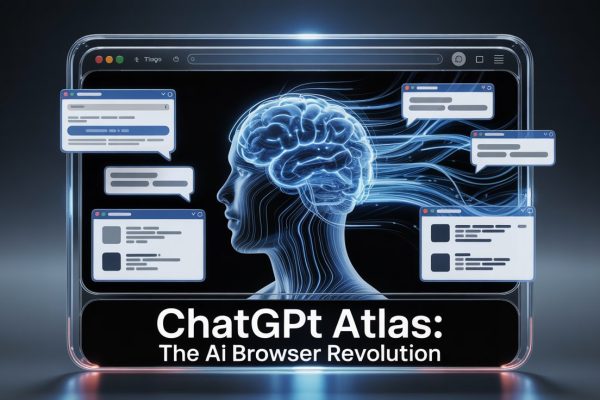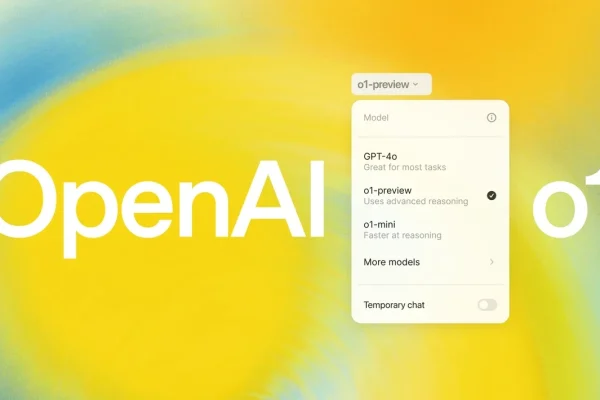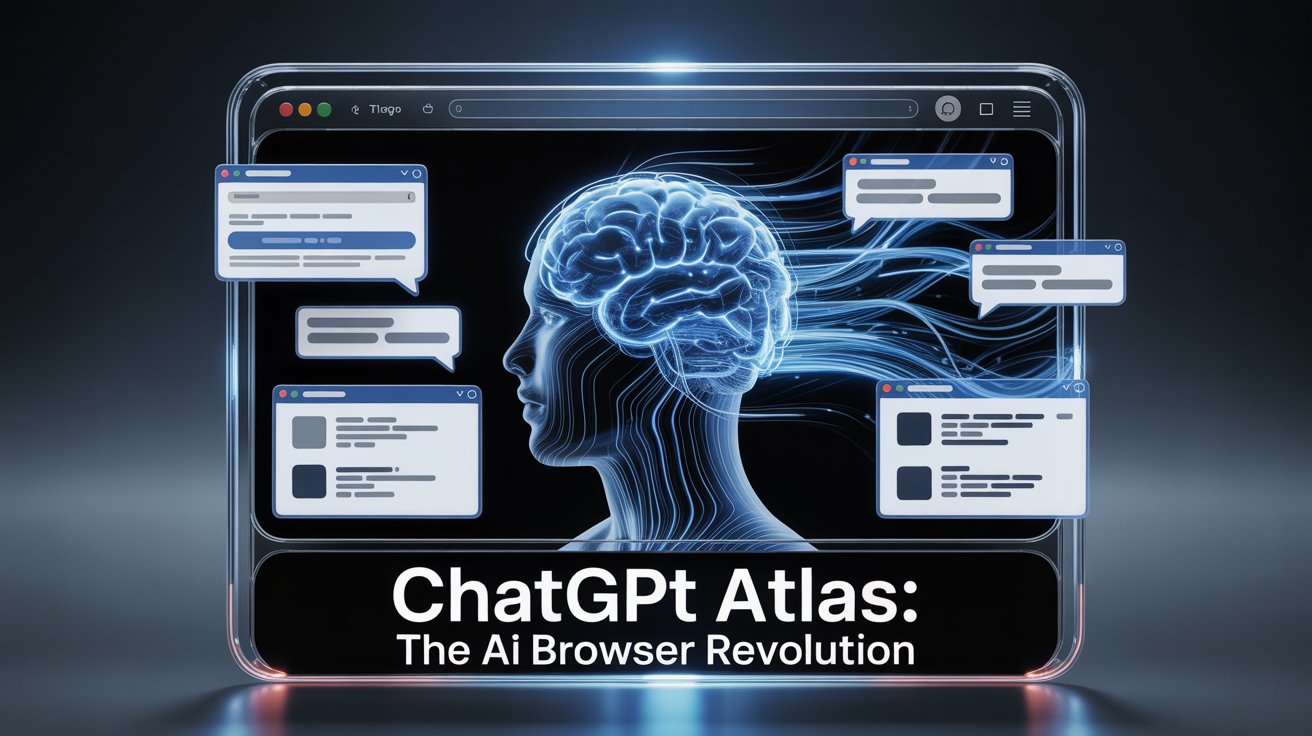

In a world where AI is increasingly taking center stage, it’s natural to wonder: will machines replace us all? The answer is a resounding “not quite yet.” While AI excels in automation and data analysis, there are numerous roles where human skills, emotions, and interactions are irreplaceable. Here are the top 12 jobs that AI just can’t replicate:
1. Therapists and Counselors: The Emotional Support Heroes
Therapy and counseling demand empathy, active listening, and a deep understanding of human emotions. Although AI can offer some support, it can’t establish the trusting relationships that human therapists and counselors do.
2. Social Work and Community Outreach Roles: Empathy in Action
Social workers navigate complex social dynamics, provide emotional support, and connect individuals with necessary resources. These roles require empathy, cultural sensitivity, and human judgment that AI struggles to match.
3. Musicians: The Heart of Music
Music is more than algorithms and melodies; it’s about emotional depth and artistic interpretation. Human musicians bring personal experiences, emotions, and improvisation to their performances, making them indispensable.
4. High-Level Strategists and Analysts: The Human Touch in Data Analysis
AI can process data, but human analysts are needed to interpret results, derive insights, and make informed decisions. Domain knowledge and critical thinking skills are essential for these roles.
5. Research Scientists and Engineers: The Creative Spark
Scientists and engineers rely on creativity, intuition, and scientific judgment to make groundbreaking discoveries. While AI can assist with data, the human touch is crucial for innovation.
6. Performing Arts: Beyond AI’s Reach
Performing arts involve expressions, agility, and precise movements that AI cannot replicate. Directing a play, choreographing a performance, or performing magic tricks require human creativity and physical prowess.
7. Judges: Ethical Decision-Makers
Judges need human empathy and ethical considerations to make fair and informed decisions. AI can assist with repetitive legal tasks but cannot replace the critical human element.
8. Leadership and Management Roles: Strategic Visionaries
Leaders assess market trends, consider competitive landscapes, and make strategic decisions that require emotional intelligence and human judgment. These roles are beyond AI’s capabilities.
9. Human Resources and Talent Acquisition Positions: The Human Factor
HR professionals handle recruitment, training, conflict resolution, and employee well-being, all of which demand empathy and understanding of human dynamics.
10. Surgeons and Healthcare Professionals: Holistic Caregivers
While AI aids in diagnosis, medical professionals make complex decisions involving empathy, patient interaction, and ethical considerations. Treating patients requires a holistic approach that combines medical knowledge with personal judgment.
11. Athletes: The Physical and Emotional Champions
Athletics require physical agility, coordination, and emotional sportsmanship, all of which are uniquely human. AI can analyze performance data but cannot replace the human athlete.
12. Public Service: Community Guardians
Public service roles involve nuanced decision-making, empathy, and ethical considerations. These jobs require understanding diverse community needs and making judgments with broader social impact.
The Future of Work: Embracing AI Without Losing Human Touch
Automation and Job Displacement
AI is transforming industries by automating routine tasks, which may displace some jobs. However, it also creates new opportunities for roles like AI developers, data analysts, and AI ethicists.
New Roles and Upskilling
As AI advances, new job opportunities emerge. Workers need to upskill, focusing on critical thinking, creativity, problem-solving, and emotional intelligence. Initiatives that support lifelong learning and inclusive access to AI technologies can help mitigate potential inequalities.
Socio-Economic Considerations
The impact of AI on the job market has broader socio-economic implications. Policies addressing skill gaps and promoting inclusive access can help ensure that the benefits of AI are equitably distributed.
Conclusion: The Human Element Remains Irreplaceable
Despite AI’s revolutionary role in various industries, jobs requiring emotional intelligence, critical thinking, and complex human interactions remain uniquely human. As we navigate this evolving landscape, workers are encouraged to upskill and adapt, ensuring they remain relevant in a world where automation is increasingly prevalent. If you’re looking to future-proof your career, consider courses that prepare you for the lucrative jobs of tomorrow.
In summary, while AI is transforming the job market, there are many roles where the human touch is indispensable. Embrace the future with confidence, knowing that certain jobs will always require a heart and a mind that only humans can provide.











